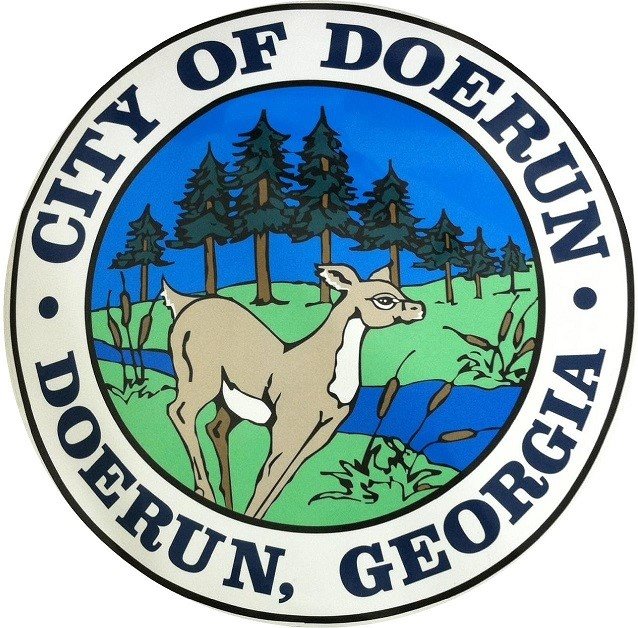EDITORIAL: You publish your own newspaper on social media: What does it say?
Published 4:15 pm Wednesday, February 10, 2021
For some people, a social media account is a snapshot of their life, perhaps idealized as they don’t post about the things they’re not proud of. Some post what they cooked for dinner. Others share photos of family or friends.
Or, of course, political viewpoints.
For other people, social media is much less complete, much less accurate. Some people don’t even have a Facebook account, and others don’t regularly maintain the one they do have.
Many on social media think of posting like sending a message to a friend. It’s not — there are messaging apps for that, and some social media sites include such apps. Posting to your Facebook page or sending a Twitter tweet is a lot more like publishing a newspaper.
Your friends list is what we’d call a subscriber list.
The stories and photos you post yourself are like our local stories.
The things you share or reblog are like the stories we run from the Associated Press or CNHI News Service. Those news articles are written by someone else, but we share them through the newspaper because we believe our readers will find them interesting or relevant. You do the same with the Facebook posts you share, don’t you?
Politicians and businesses are different breeds of social media users from the average person, though. If you post a story, it’s reasonable to think you accept the story as accurate. You may or may not have checked into it, but at the time you post it, you believe the story because you wouldn’t post something you consider false.
A business, on the other hand, may have a team of social media personnel to handle posts and shares and likes. The person who posted something at 9 a.m. may be on a whole different shift from the one who shared something else at 7 p.m.
Politicians work more like a business than a person. Before the House of Representatives voted to remove Rep. Marjorie Taylor Greene from her committee assignments, she addressed allegations about her social media posts, and one of her defenses was that she had several people working on social media over a long period of time. She couldn’t say whether she personally posted or liked or shared an item or whether any one of her staff members did. The House voted Thursday to hold her accountable for those posts anyway.
Would your social media page stand up to that scrutiny? What does your personal “newspaper” say about you?
In Facebook, there’s a button that will let you view your page as if you were a visitor. In Twitter, clicking on your profile button will do the same thing. Other social media sites should have a similar option.
Once in a while, look at your page. Does it reflect what you believe? Does it reflect who you are?
You don’t have to be a politician for old social media posts to come back to haunt you. Many employers do a social media search on candidates before offering them a job, as just one example of how what you post could affect you. Many companies have social media policies that limit what employees can say because it reflects back on their business.
What you post online can last forever. It’s possible to delete posts, but once someone else has shared them they start to have a life of their own.
Those comments may outlast even a printed copy of this newspaper, which will decay over time. Everyone needs to consider that as they post or share content online.





